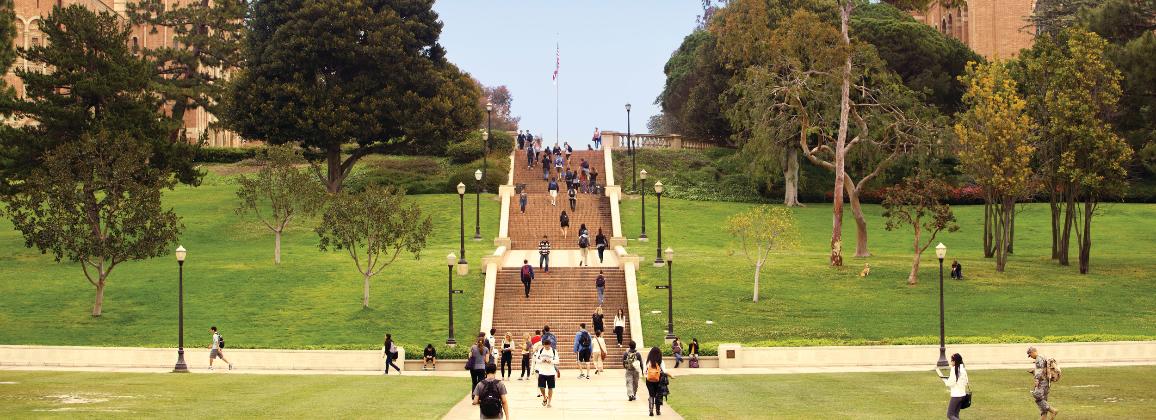We take protecting your privacy very seriously. Our staff of licensed independent practitioners operate under the professional conduct standard of the UC Faculty Code of Conduct and the California Department of Consumer Affairs. Our services are confidential, meaning that we will not disclose information about your treatment to anyone who is not directly involved in your care without your written permission, or as required by law. If you are age 18 or older, confidentiality includes not disclosing information about you or your treatment to your parent or guardian.
CAPS staff and interns adhere to state laws and ethical standards that require all client information disclosed within session to be kept confidential. To provide effective service, clinicians or psychiatrists may consult with other CAPS staff and qualified medical providers at the Ashe Center or UC Medical Center. Any other release of information requires the client’s written consent, except where disclosure is required or allowed by law (e.g., where there is a reasonable suspicion of abuse of children, dependent adults, or elderly persons; where the client presents a serious danger of violence to another person; where the client is likely to harm themselves; or when required by a valid court order) and as delineated in the CAPS Notice of Privacy Practices . No mental health information will appear on a student’s academic records, including any reference to whether or not CAPS services were ever used, unless the student specifically requests the disclosure of this information, and to minimize disclosure, charges to your Bruin Bill will appear as 'Student Services Fee' and does not reference CAPS.
CAPS & Ashe OpenNotes
What’s in the notes?
Each time you have an appointment or discussion with your clinician they describe what happened in a note. Notes often start by listing the symptoms or questions you have. Some also list the medications you take or medications prescribed during a visit, findings of your physical exam (such as blood pressure or how your lungs sound), lab tests ordered, and the overall plan for taking care of you. Notes become a part of your medical record.
Why are we sharing notes with you?
We know from research that patients both like and use OpenNotes. They report that reading their notes is a way to better understand and feel more in control of their health care.
When will you see a note and how will it work?
If you choose to see your notes, go to your patient portal, and select the “Personal Medical Records” button on the left side of the screen. Available notes will be listed on the left side of the screen under “Personal Medical Records”. A note will typically be posted within 1 week of the date of the encounter. Notes pertaining to visits before 04/05/2021 for Ashe and 07/01/2021 for CAPS will not be displayed. If you would like to review notes prior to these dates, you must submit a medical release of information form.
How do we know the notes are private and confidential?
OpenNotes will not change the confidential nature of the notes your clinicians write. Only you and the clinicians involved in your care have access to these notes. If you share access to your account with your family or other caregivers, they will also be able to read these notes. We advise against sharing your password information and allowing access to your patient portal. Here are steps you can take to help keep your information secure:
- Remember to keep your Patient Portal login name and password private. Reset your password to a new password if you have shared it with others and do not want your records viewable to anyone other than yourself.You can reset your password at https://www.it.ucla.edu/iamucla/multi-factor-authentication-resources-students. Be aware that your password change will reset the password on all of your UC system accounts.
- Wherever you look at your account, always exit the patient portal by selecting “Log out” when you are finished and close the browser window. (Click the dropdown arrow on the upper right corner of the screen, next to your name).
What if you do not want to see your notes online?
Open Notes are required for all UC health and mental health centers to comply with the congressionally approved 21st Century Cures Act Mandate. The only way to opt out of open notes entirely is to decline access to your student patient portal. This is not recommended; the patient portal facilitates access to your entire health record. Importantly, one option you do have, if you don’t wish to see your notes, is to simply not access them in this manner. Should you need your health records for some reason, it is still entirely possible to get them by submitting a medical record release request for a copy. If you have any questions about Open Notes, please contact your provider to discuss further.
This document is a modification of a resource provided courtesy of OpenNotes and adapted for STEPS Forward™. Source: AMA. Practice transformation series: OpenNotes. 2017.
